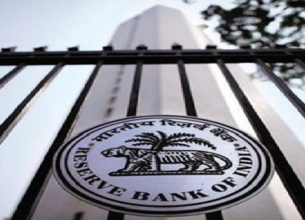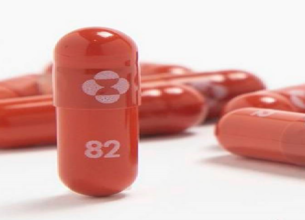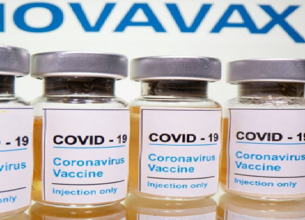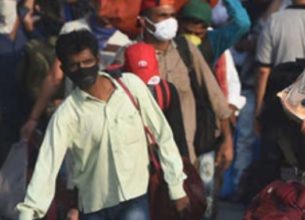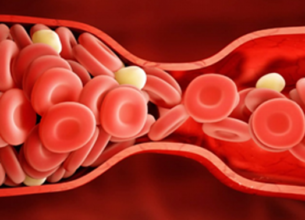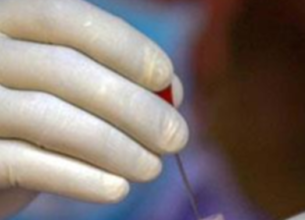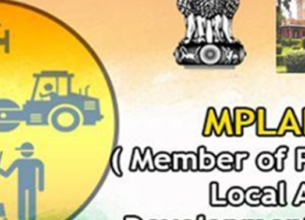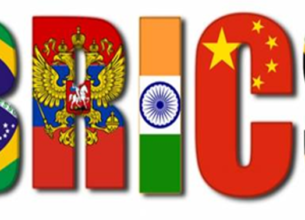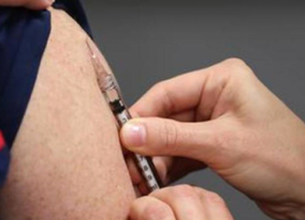FILLING THE GAP: COVID TEST
09, Apr 2020
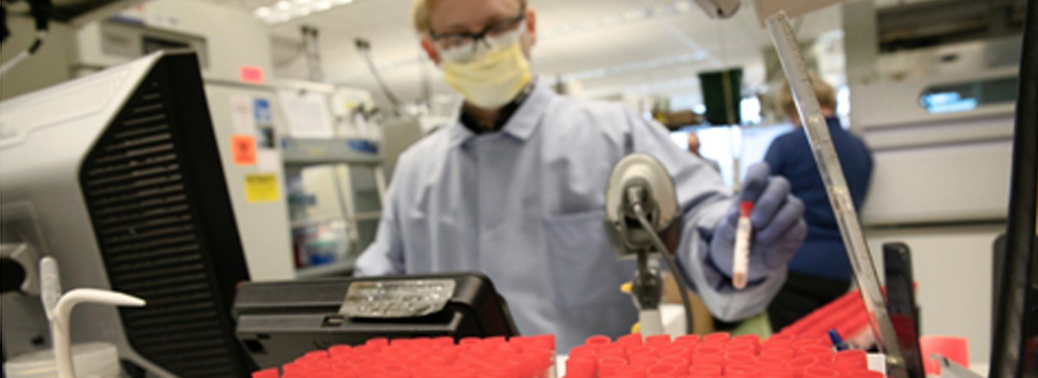
Prelims level : Science & Technology - Bio Technology
Mains level : GS-III Awareness in the Fields of IT, Space, Computers, Robotics, Nano-Technology, Bio-Technology and Issues Relating to Intellectual Property Rights.
Why in News?
- The nation-wide lockdown that began on March 25 has helped to contain the spread of COVID-19. However, it needs to be asked if India’s response to the coronavirus outbreak has any unseen gaps.
Gaps in Controlling COVID-19 Pandemic:
- Low number of infectious disease specialists:
- These specialists are available in India, but they mostly work in big private hospitals. The Clinical Infectious Diseases Society (CIDS) and the Indian Association of Medical Microbiologists (IAMM) are not known to have proffered any advice to the Government.
- Fulling Mandate of National Institute of Biologicals:
- The National Institute of Biologicals (NIB) was established in 1992 by the Ministry of Health to function as the apex body and was mandated to ensure validation of invitro diagnostics, vaccines and biotherapeutics in the event of a pandemic.
- The NIB ought to deliver on its mandate and the best infectious diseases professional in the country should be steering it. A search committee of retired virologists, infectious diseases specialists and medical microbiologists should be constituted urgently to find a director for the NIB.
Need to Conduct Antibody test along with PCR test:
- Traditionally, there are two types of diagnostic tests for infectious organisms — tests for the presence of the virus itself (current infection), and tests for antibodies to the virus (current or prior infection).
- The Polymerase chain reaction (PCR) test used for detecting specific genetic material of a virus is key to determine if someone ill is infected with COVID-19. The WHO recommendations have also added antibody and antigen tests alongside the PCR. This will enable mass screenings — these have to be confirmed by PCR tests.
What are PCR, Anti-body and Anti-gen Tests?
- PCR Test:
- The PCR test identifies a virus from the swabs taken a few days after infection, to about 8-10 days after the first symptoms appear. It can also provide clues to community transmission, including anticipating the percentage of population that might develop serious complications.
- A PCR test takes six to eight hours, not counting the time taken to collect and send the sample to the nearest lab. It is expensive as each test costs around Rs 4,500.
- A commercial test named X-pert has recently been approved by the US FDA for detecting the virus’ nucleic acid within a couple of hours.
- Antibody Test:
- The antibody test is the best to calculate the number of people who may have experienced COVID-19.
- It is dependable for hotspot surveillance; it is quick and helps to see who has been infected more than 10 days earlier.
- The only negative aspect of it is that if conducted very early, it may miss virus shedders while hunting for the antibodies.
Antigen Test:
- Antigen test identifies the protein component of the virus and could be used even sooner than the Antibody Test.



